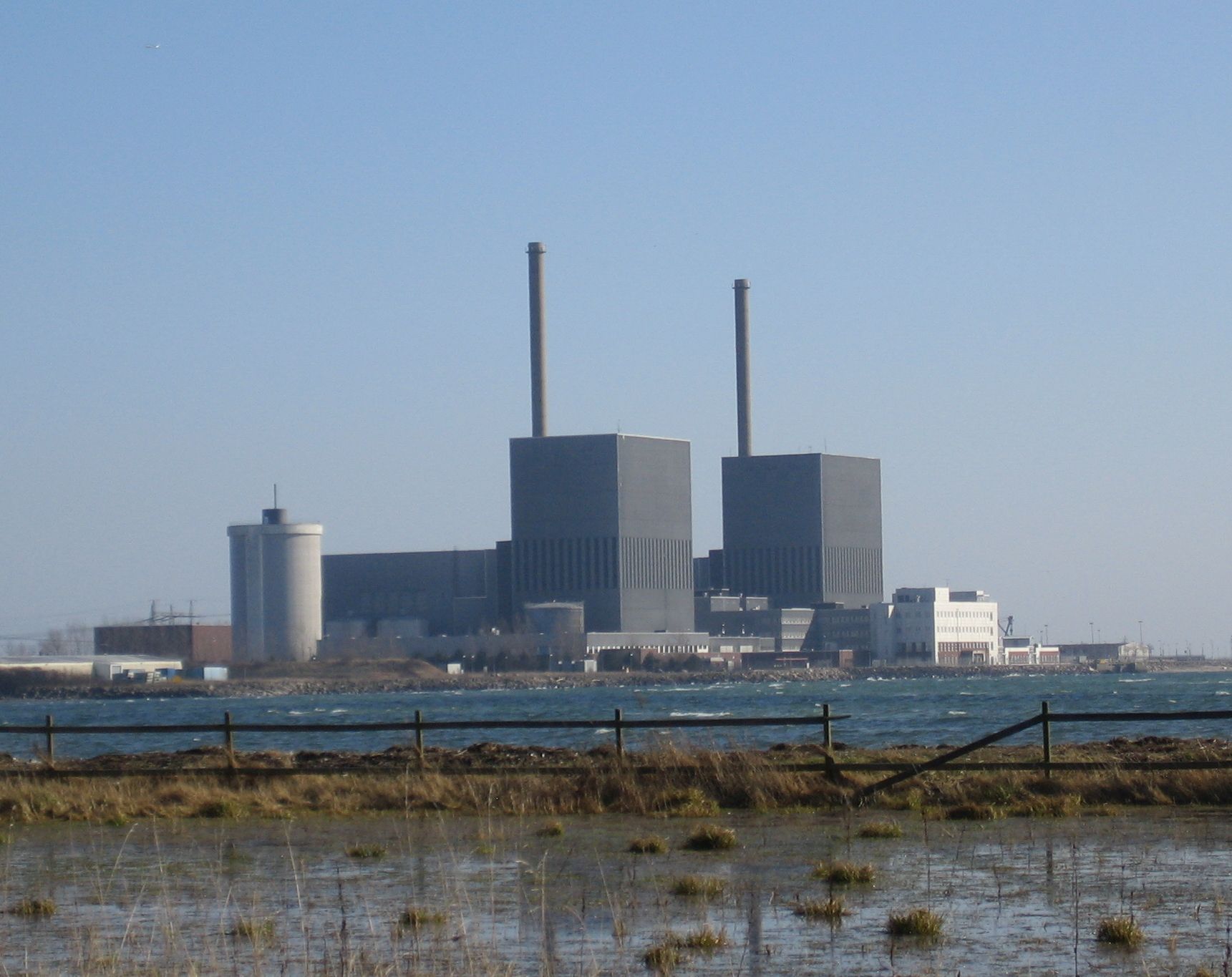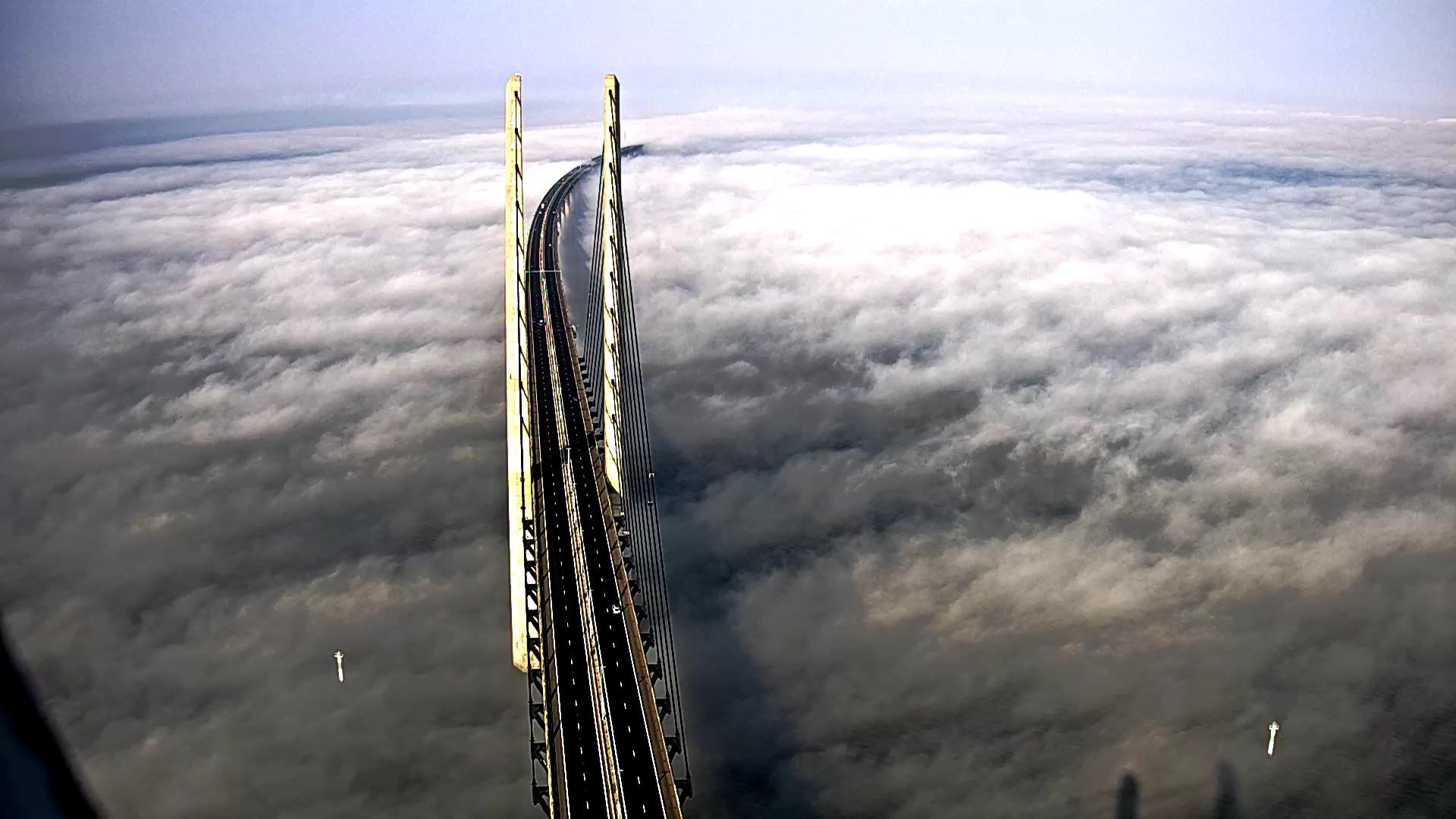Come July, 41 years of special treatment by the government will end and Christiania will no longer be administered by its own law.
Today, the government is passing a new law that will confer the state's regular legislation to the 34-hectare freetown. The area, which was established by squatters in 1971, has been governed since 1989 according to the 'Christiania Law', which put the former military barracks under the nominal control of the Defence Ministry.
“The Christianites can live as they like but on the same conditions as the rest of society,” the climate, energy and buildings minister, Martin Lidegaard (Radikale) told Information newspaper. “The Christianites now own themselves and can now perhaps spend more time concentrating on developing their area rather than fighting against the system. The deal is, however, that they abide by the legislation that applies to the rest of the country.”
The new law will formalise Christiania’s ‘normalised’ status after the 1,000 person community agreed to buy the area from the state as a collective in 2011 for 76.2 million kroner.
Now that the state is no longer responsible for governing the area, the City Council will take over the administration of the area.
There remain around 45 unresolved cases of illegal building in Christiania that need to be resolved, including buildings that have been constructed on the historic defensive embankments that are considered a national treasure.













